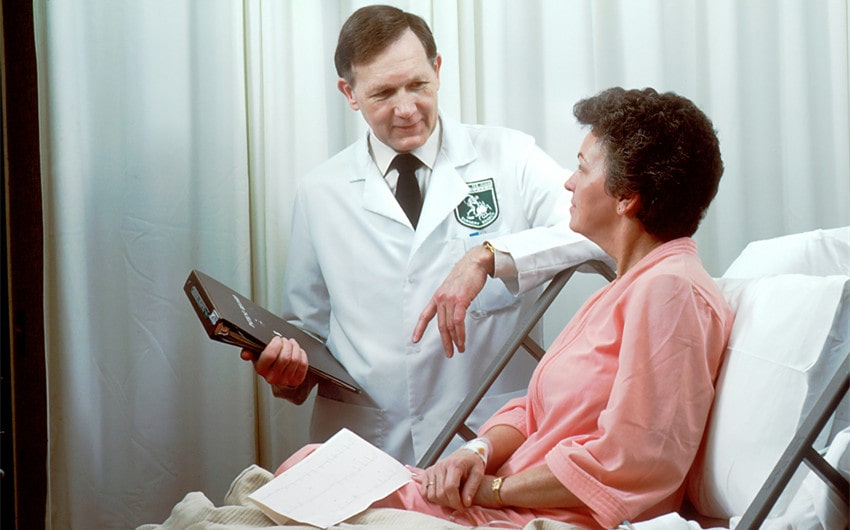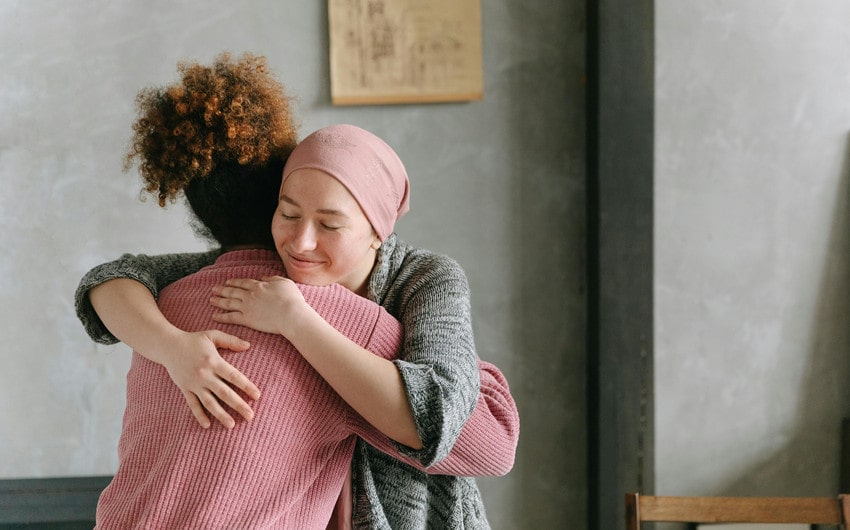6 Empowering Reasons Not to Worry About Cancer
Hearing the word “cancer” can instantly stir up fear, even when there’s no diagnosis. It’s a heavy topic, and it’s natural to feel anxious about it. But living in constant fear can take a toll on your mental and physical health. That’s why it’s worth exploring some reasons not to worry about cancer as much as you might think.
From medical advancements to the power of prevention, there’s a lot more hope and control in your hands than fear often allows. This article is here to offer comfort, clarity, and perspective for anyone feeling overwhelmed by the what-ifs.
1. Worry Doesn’t Prevent Cancer—Awareness and Action Do

It’s completely human to worry about something as serious as cancer, especially if you’ve seen loved ones go through it or have a family history. But the truth is, worry alone doesn’t change the outcome. In fact, constantly stressing over the possibility of cancer doesn’t offer any real protection—it only drains your energy and peace of mind.
What truly makes a difference is being proactive, not panicked. Regular checkups, recommended screenings (like mammograms or colonoscopies), and knowing your risk factors are far more effective than letting anxiety rule your life. The earlier cancer is detected, the better the chances of successful treatment—and early detection is something you can plan for.
Additionally, lifestyle choices matter: eating well, staying active, avoiding tobacco, and limiting alcohol are all steps you can take that are rooted in action, not fear. Instead of worrying, focus on what you can control. Awareness, education, and healthy habits empower you far more than worry ever will.
2. Cancer Survival Rates Are Improving
One of the most encouraging facts that often gets overlooked in fear-driven conversations is that cancer survival rates have improved significantly over the past few decades. Thanks to advances in early detection, more effective treatment options, and better understanding of how different cancers behave, many people now go on to live long, fulfilling lives after diagnosis.
For example, the 5-year survival rate for breast cancer is now over 90% when caught early. Prostate cancer, another common type, also boasts a high survival rate—especially when it’s localized. Even some blood cancers, like leukemia and lymphoma, which were once considered highly fatal, now have treatment protocols that lead to remission and long-term survival in many cases.
New therapies, such as immunotherapy, targeted treatments, and precision medicine, are changing the way cancer is treated—often with fewer side effects and better outcomes. While cancer is still serious, the odds of beating it or managing it for many years are better now than ever before. That’s reason for hope—not fear.
3. Not All Cancers Are Life-Threatening

The word “cancer” often triggers thoughts of aggressive illness and tragic outcomes, but it’s important to understand that not all cancers are life-threatening. In fact, some are so slow-growing or non-invasive that they may never cause harm during a person’s lifetime.
For instance, basal cell carcinoma, the most common form of skin cancer, rarely spreads and is usually treatable with minor procedures. Thyroid cancer, especially in young adults, often progresses very slowly and has an excellent prognosis. Some forms of prostate cancer are so slow to grow that doctors recommend “watchful waiting” or “active surveillance” rather than immediate treatment.
Hearing the word “cancer” doesn’t automatically mean a life is in danger or that intense treatment is necessary. Many cancers are manageable and non-urgent, especially when detected early. Knowing this can help ease the fear that comes from assuming the worst-case scenario every time. Education and context can replace dread with realistic hope.
4. Stress and Worry Can Harm Your Health
Ironically, the fear of getting sick can sometimes be what actually makes us feel worse. Chronic stress caused by excessive worry can have real, measurable effects on the body—weakened immunity, increased inflammation, poor sleep, and digestive issues, to name just a few. Over time, this kind of stress can raise your risk for a variety of health issues, including heart problems and yes, even certain cancers.
When you’re constantly stuck in a cycle of “what ifs,” your nervous system remains in a state of high alert. That ongoing tension can drain your energy, cloud your thinking, and make it harder to enjoy the life you have now.
Instead of letting fear take over, shifting your focus to calming practices—like breathing exercises, mindfulness, or even a walk outside—can help your body and mind relax. You’re allowed to be concerned, but living in worry every day won’t protect you. Peace is part of prevention too.
5. You Are Not Powerless—Prevention Is Possible

One of the most hopeful things to remember is that you have more influence over your long-term health than you might think. While not all cancers are preventable, many risk factors are linked to lifestyle choices you can control.
A healthy, balanced diet full of fruits, vegetables, and whole foods can support cellular health. Regular physical activity helps reduce inflammation and strengthens your immune system. Avoiding tobacco, limiting alcohol, staying at a healthy weight, and protecting your skin from the sun are all evidence-backed ways to lower your risk of developing certain cancers.
You can also empower yourself by staying up-to-date on screenings, especially if you have a family history or are in a higher-risk category. Colonoscopies, mammograms, Pap smears, and other early-detection tools can catch problems before they become serious.
Taking action doesn’t have to mean living in fear—it means you’re being mindful and proactive. Prevention isn’t about being perfect. It’s about making consistent, caring choices for your body.
6. Medical Support and Community Are Better Than Ever
Gone are the days when a cancer diagnosis meant facing the journey alone or with limited resources. Today, people have access to a wide range of medical support, mental health resources, and community connections that can make all the difference—both emotionally and physically.
From top-tier cancer treatment centers and integrative care options to telehealth services and wellness programs, the support system around cancer care has grown stronger and more personalized. Patients today benefit from multi-disciplinary teams of doctors, specialists, nutritionists, and therapists who create care plans tailored to each person’s specific needs and goals.
There are also countless online and in-person support groups where people can share stories, tips, and encouragement. Whether you’re looking for emotional support, practical guidance, or just someone who understands what you’re going through, you’re not alone.
The strength of community and the compassion of care teams offer reassurance: even if the worst were to happen, there’s more help, healing, and hope than ever before.






